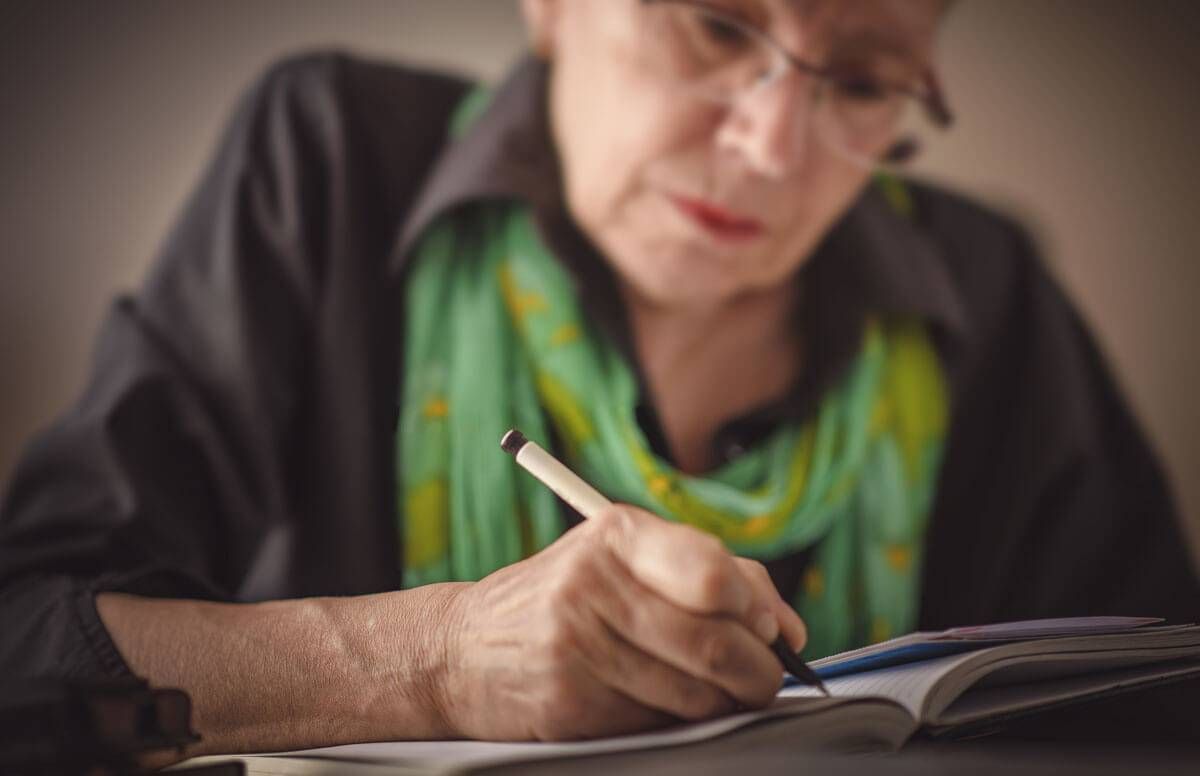Research Backs These Methods for Reducing Depression and Anxiety
For best results, experts recommend making one or two a daily habit
Looking for relief from garden-variety stressors? Feeling mired in one of life’s larger challenges? Weary of sweating the small stuff? The recently published results of a five-year study show that people who learn stress-intervention skills — and then practice them daily — develop more positive approaches to life.

“The skills, known as a positive emotion regulation intervention, are not specific to any particular kind of stress,” says Judith Moskowitz. “We’ve seen that individuals in all kinds of challenging life circumstances with high levels of depression and stress have the ability to experience positive emotions, and doing that helps them cope better. The same skills also help with daily hassles.”
"When you're hyper-focused on things that are stressful, you don't notice the good things."
A medical social science professor at Northwestern University’s Feinberg School of Medicine, Moskowitz developed the intervention program taught in the study. Based in Chicago, she also is the director of research for Northwestern’s Osher Center for Integrative Medicine and president-elect for the International Positive Psychology Association.
Caregivers Found Relief
As reported in a recent issue of the journal Health Psychology, 170 participants in Moskowitz’s six-week, randomized controlled trial showed a decrease in depression by 16% and in anxiety by 14%.

Those who took part in the study were caring for loved ones with dementia, but Moskowitz says the results bode well for anyone who decides to put into practice some of the strategies, all of which are backed by research.
“I want to emphasize that these skills are designed to help increase positive emotions. That’s not to say that anyone needs to deny or suppress negative emotions, because they are important,” Moskowitz says. “But it’s also important to experience positive emotions alongside negative ones, and that’s what these skills are designed to help people do.”
Choose from a ‘Buffet of Options’
Because different solutions work for different people, Moskowitz offers what she calls “a buffet of options” — eight ways to help cultivate more positive emotions. “Individuals may want to give each option a try,” she says, “and then pick one or two to stick with as a habit.” Here are the eight proven skills:
- Identify one positive event each day. “Humans have evolved to pay attention to what’s going wrong. Things that are stressful draw your attention so you can do something about it,” Moskowitz says. “But when you’re hyper-focused on things that are stressful, you don’t notice the good things. Making time to do that helps you take a step back, get some distance.”
- Talk with someone about the positive event or share it on social media. “This is a way to savor or capitalize on something good,” Moskowitz says. “You don’t have to share it. You could just think about it again, and remember how great it was.” Examples might include preparing a good meal or watching a beautiful sunset.
- Write in a gratitude journal every day. This is a second way to notice the good moments in the day. “In your gratitude journal, you can write about events or write that you are grateful for the sunshine or for clean water,” Moskowitz says.
- Reflect on a personal strength and how you’ve used it recently. When you’re under stress, your thoughts may spiral downward and lead to self-criticism. “Instead, recall good things about yourself,” Moskowitz says. “Maybe tell yourself you are a great friend or that you’re someone smart who can come up with a plan to deal with your stress.”
- Set a small daily goal and note your progress. “When you feel as though you’re making progress — even if you aren’t necessarily achieving success — that increases positive emotions,” Moskowitz says. “Find the sweet spot of goal setting, something that’s not way beyond what’s possible.”
- Develop a "positive reappraisal" habit to reframe a troubling daily activity in a more positive light. “How we interpret an event determines our emotional reaction to it. But there’s almost always a positive reappraisal that you can pull out of any situation, even when you start small,” Moskowitz says.
- Perform an act of kindness every day. This simple practice gets you outside yourself. Moskowitz notes that she always walks her shopping cart back to the storefront and also makes way for drivers attempting to merge onto the highway. Complimenting a stranger on a pretty scarf or a welcoming smile counts, too.
- Concentrate on the present moment. “When you’re upset, instead of rehashing what already happened or rehearsing what might happen next, pay attention instead to what’s happening in the present, what your thoughts and experiences are right now,” Moskowitz says. “When we’re more mindful, we’re more aware of positive events.”
Meditation Can Help You Master Mindfulness
That last one can be tricky. To master mindfulness and respond thoughtfully to life rather than just react, Erin Olivo recommends meditation.

“It’s a tool for achieving mindfulness, and research shows that meditation reduces our sense of stress,” she says. “You can take up a formal practice, where you sit on a cushion, or an informal practice, where you bring mindfulness to your daily activities.”
Olivo is a licensed clinical psychologist in New York City with more than 22 years of experience treating patients who are dealing with stress, anxiety and depression. She also is the author of Wise Mind Living: Master Your Emotions, Transform Your Life.
Olivo practices mindfulness while in the shower. “I might want to ruminate about anything I’m worried about or try to do a lot of planning instead of just being in the shower. But I remind myself to be present, and not let my thoughts launch me into my day,” Olivo says.
“This focused approach also works while washing dishes or even brushing your teeth,” she says, adding that if your mind wanders, gently bring it back to the moment.
“The more we bring mindfulness into our lives, the more impact it has,” Olivo says. “Think of it as a muscle you are developing — a way to help yourself.”


